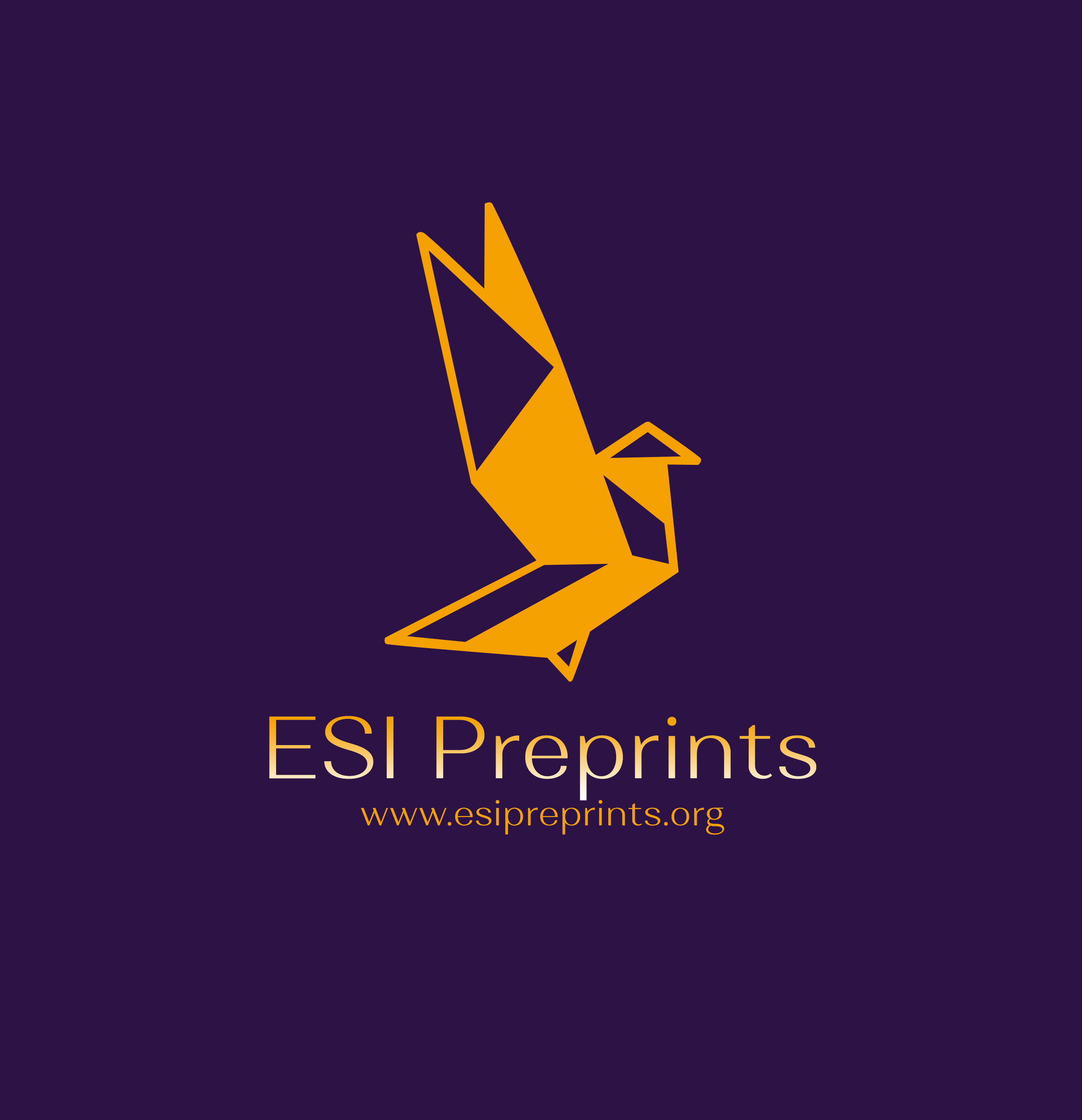Religious Coexistence and Legal Pluralism in Albania: Socio-Political and Legal Perspectives
Abstract
This article provides a comprehensive examination of Albania’s religious coexistence from both socio-political and legal perspectives, highlighting how historical experiences, legal frameworks, and community practices collectively shape interfaith relations. Drawing on case studies from urban centers such as Tirana and Shkodër, as well as rural communities where traditional interfaith networks have persisted, the study explores how legal pluralism, allowing religious communities to manage personal matters like marriage, inheritance, and education, interacts with grassroots social engagement to sustain harmony among Albania’s diverse religious groups. The research also analyzes institutional policies, including the role of the State Committee on Cults, municipal interfaith programs, and the Interreligious Council of Albania (IRCA), demonstrating how coordinated initiatives between government bodies and civil society promote dialogue, joint cultural events, and collaborative social projects. By tracing the historical trajectory from the Ottoman millet system through the challenges of the communist period to contemporary reforms, the article illustrates the resilience of interfaith tolerance in Albania. This experience provides a distinctive model of religious coexistence, offering valuable lessons for other pluralistic societies in the Balkans and beyond, emphasizing the importance of combining legal recognition, social cooperation, and community-led initiatives to foster enduring interfaith harmony.
Downloads
References
2. Assembly of the Republic of Albania. (1998). Constitution of the Republic of Albania. https://www.parlament.al
3. Assembly of the Republic of Albania. (2017). Law No. 10221 on Freedom of Religion and Religious Organizations. https://www.qbz.gov.al
4. Clayer, N. (2014). Religion, nation and state in modern Albania: The role of Islam in the formation of modern identities. London: Hurst & Company.
5. De Rapper, G. (2008). Religion on the border: Sanctuaries and festivals in post-communist Albania. Anthropological Journal of European Cultures, 17(2), 106–122. https://doi.org/10.3167/ajec.2008.170207
6. De Rapper, G. (2012). Religion in post socialist Albania: Revival or re-invention? In B. Lemmen & A. Sauer (Eds.), Between the secular and the sacred: Religion and politics in Europe (pp. 87–103). Nomos.
7. Dervishi, A. (2018). Religious tolerance and interfaith dialogue in Albania: A sociological approach. Albanian Institute for International Studies.
8. Doja, A. (2011). Political transformations and the religious revival in post-communist Albania: Nation, democracy and identity. Religion, State and Society, 39(3), 249–274. https://doi.org/10.1080/09637494.2011.600809
9. Doja, A. (2014). A political history of Bektashism from Ottoman Anatolia to contemporary Turkey. Journal of the Royal Anthropological Institute, 20(3), 433–456. https://doi.org/10.1111/1467-9655.12119
10. Elsie, R. (2010). Historical dictionary of Albania (2nd ed.). Scarecrow Press.
11. Endresen, C. (2015). Is the Albanian’s religion really “Albanianism”? Religion and nation according to Muslim and Christian leaders in Albania. Journal of Muslims in Europe, 4(2), 190–209. https://doi.org/10.1163/22117954-12341308
12. Endresen, C., & Krovel, R. (2017). The alchemy of religion and nationalism: Patterns of coexistence in Albania. Southeast European and Black Sea Studies, 17(1), 1–15.
13. European Commission. (2022). Albania 2022 Report: Commission Staff Working Document. Brussels: European Union.
14. Fischer, B. J. (1999). Albania at war, 1939–1945. London: Hurst & Company.
15. Fischer, B. J. (2010). A short history of modern Albania. London: I.B. Tauris.
16. Fuga, A. (2019). Media dhe shoqëria shqiptare: Ndërmjet pluralizmit dhe polarizimit. UET Press.
17. Griffiths, J. (1986). What is legal pluralism? Journal of Legal Pluralism and Unofficial Law, 24(1), 1–55.
18. https://doi.org/10.1080/07329113.1986.10756387
19. Hasani, M. (2020). Interfaith harmony and national identity in post-communist Albania. Journal of Balkan and Near Eastern Studies, 22(3), 345–360.
20. Interreligious Council of Albania. (2017). Annual report on interfaith cooperation in Albania. IRCA Publications.
21. Jazexhi, O. (2010). Islam and religious freedom in Albania. European Journal of Social Sciences, 14(2), 246–256.
22. Ministry of Culture of Albania. (2019). Report on religious heritage and institutional cooperation. Tirana: Government of Albania.
23. Nassehi-Behnam, V. (1991). Religion and social change in Albania: A study of the coexistence of Islam and Christianity. East European Quarterly, 25(4), 421–438.
24. OSCE/ODIHR. (2020). Freedom of religion or belief in the Western Balkans: Legal framework and practice. Warsaw: Organization for Security and Co-operation in Europe.
25. Papagjoni, E. (2017). The creation of the Albanian state and its relationship with religious communities: The sanctioning of religious plurality as a condition of national unity. Academic Journal of Interdisciplinary Studies, 6(3), 89–94. https://doi.org/10.1515/ajis-2017-0026
26. Puto, A. (2009). Historia e Shqipërisë në shekullin XX. Toena.
27. Qirko,E.(2019). Faith and reconciliation: The role of interreligious cooperation in Albania. Mediterranean Journal of Social Sciences, 10(5), 77–85.
28. Shaw, S. J., & Shaw, E. K. (1977). History of the Ottoman Empire and modern Turkey: Vol. 1, Empire of the Gazis. Cambridge University Press.
29. Shehu, B. (2022). Religious pluralism and media representation in contemporary Albania. Albanian Journal of Communication Studies, 4(2), 65–80.
30. Tamanaha, B. Z. (2008). Understanding legal pluralism: Past to present, local to global. Sydney Law Review, 30(3), 375–411.*
31. Triantafillou, A. (2017). Multicultural governance in a mobile world. Edinburgh University Press.
32. UNDP. (2017). Strengthening interfaith dialogue and cooperation in Albania. United Nations Development Program Albania.
33. Vickers, M., & Pettifer, J. (1997). Albania: From anarchy to a Balkan identity. London: Hurst & Company.
34. Voko, K. (2021). Civil society and interfaith dialogue: Strengthening social cohesion in Albania. European Center for Not-for-Profit Law Review, 2(1), 12–23
Copyright (c) 2025 Dorian Rrapi

This work is licensed under a Creative Commons Attribution 4.0 International License.








